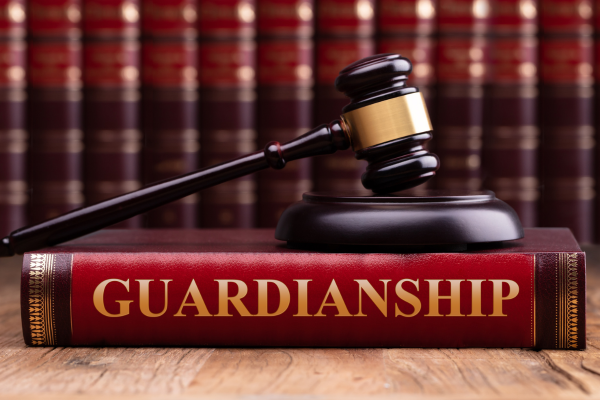Elder law attorneys may specialize in estate planning, incapacity planning, and end-of-life care for seniors.…

Who Can Be A Guardian?
A Guardian is appointed by a court of competent jurisdiction to make medical decisions (guardian of the person) and/or financial decisions (guardian of the property) for another person who no longer or never had the capacity to make those decisions for themselves. To apply to be a Guardian, you must be over the age of eighteen (18) and a legal resident or citizen of the United States. However, the existence of a criminal record will disqualify an individual from serving as a guardian. That said, not only individuals but also corporations or public agencies, such as a local department of social services, can be appointed as Guardian for an adjudged incapacitated person. While a petitioner in a guardianship proceeding is commonly a spouse, family member, or someone who resides with the person who may be in need, any other person or organization who is concerned about the person’s well-being may petition the court to be appointed Guardian. Once the guardianship proceeding is concluded, the Judge makes the final decision as to who will be appointed Guardian.
As such, eligible guardians can be divided among four (4) categories of persons or entities:
- Laypersons;
- Part 36 Attorney;
- Corporate, either not-for-profit and for-profit); and
- Public Agencies.
Laypersons
A laypersons is a person without professional or specialized knowledge in law, or in this case guardianships. A layperson petitioning to be Guardian is usually a family member or close friend of the incapacitated person or the incapacitated person’s family. The court has a strong preference for appointing a family member, or even a close friend, over any other type of guardian if they are qualified. However, in the case that no family member or friend is suitable or there is familial infighting, courts will often turn their gaze to the “Part 36 List”.
Part 36
Part 36 of the Rules of the Chief Judge applies to a wide range of appointments and establishes a list of qualified applicants for each category of appointment, including the appointment of a guardian pursuant to Mental Hygiene Law Article 81. A qualified individual must apply to be included on the Part 36 List. When the court determines that no family member or friend is suitable, or there is familial infighting, the court will usually make the appointment of a Guardian from the Part 36 List. That said, a Judge may make an appointment from outside the list upon a finding of good cause. Judges have wide discretion in the selection of appointees from the Part 36 List. Accordingly, a Judge does not have to select appointees in any particular order and can tailor the appointment to the individual needs of the incapacitated person. For example, the Judge may appoint an attorney specializing in tax law and elder planning where the incapacitated person is an extremely wealthy individual with a portfolio of complex assets.
Corporations and Public Agencies
While not as common as laypersons or Part 36 attorneys, a Judge may appoint a corporation or public agency to serve as Guardian. Corporations, whether not-for-profit or for-profit, can be granted the same powers as any other guardian, with the exception that a for-profit Corporation cannot serve as a guardian of the person and make personal or medical decisions for an incapacitated person. In the case of public agencies, there have been rare instances the Public Administrator serving the county in which the incapacitated person resides or a social services official is appointed guardian.
When determining who can be a guardian, it is important to seek legal counsel. The experienced attornies at the Russo Law Group can help. Contact us today.




This Post Has 0 Comments